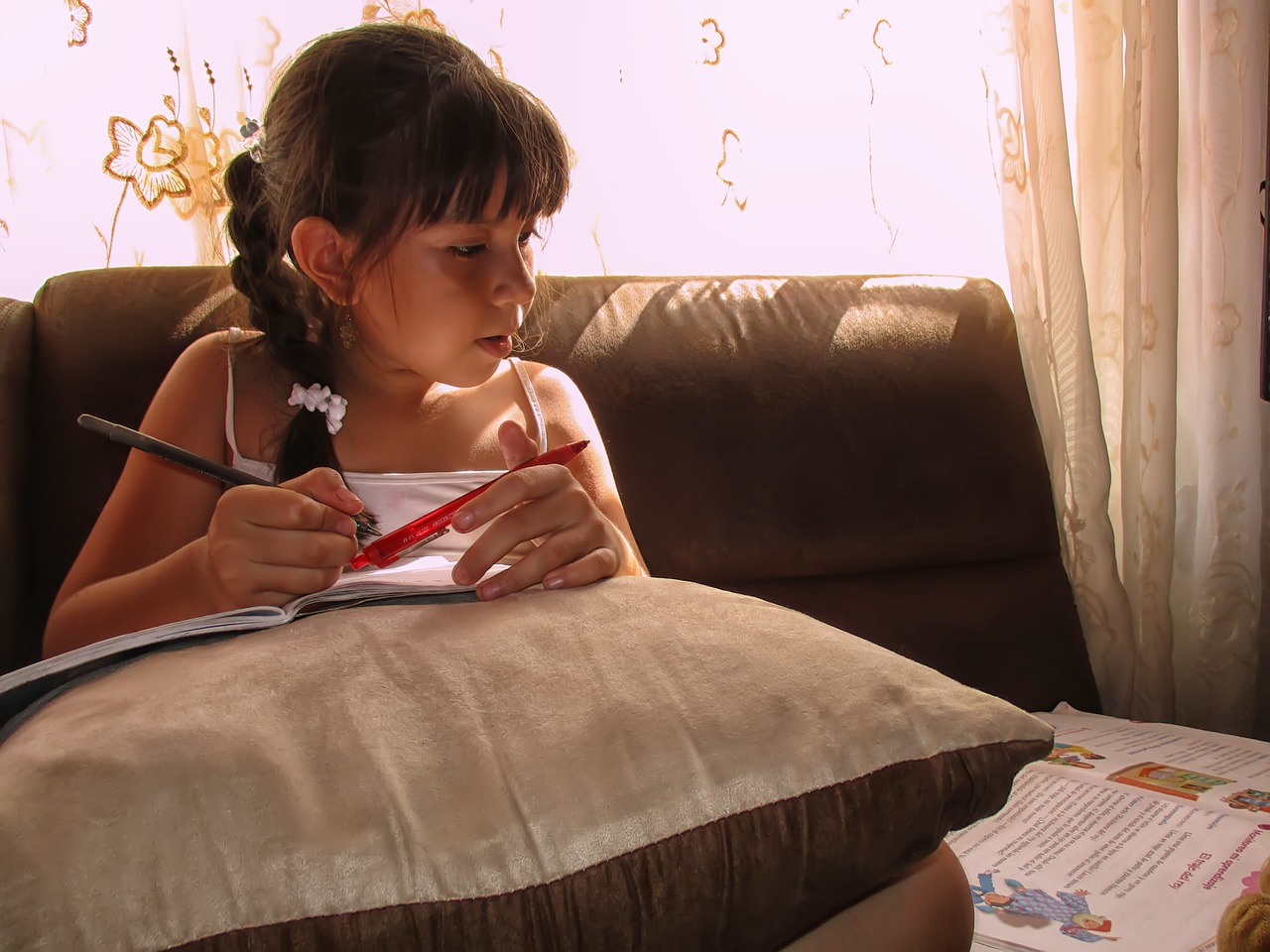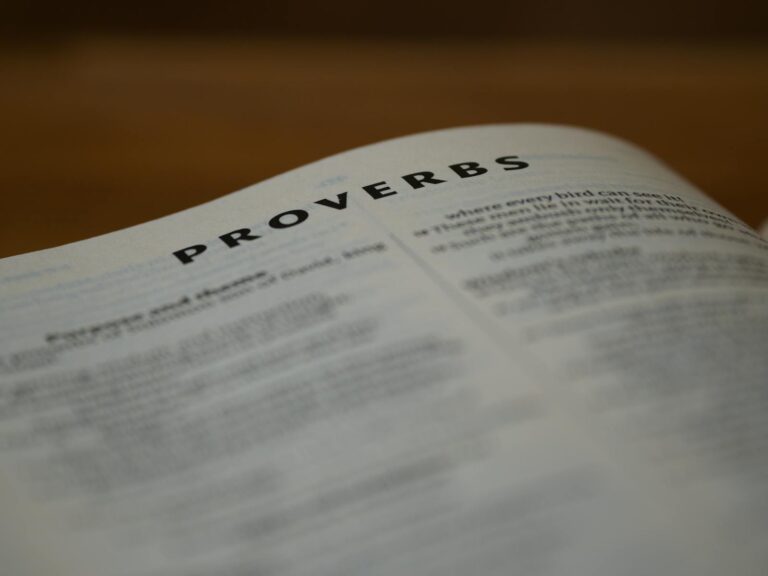Verbos Regulares e Irregulares
1. Verbos Regulares:
Os verbos regulares no passado simples e no particípio terminam em -ed.
Exemplo:
- Base form: play → played (past simple e past participle)
Regras adicionais para a formação:
- Se o verbo termina em e, adicionamos apenas -d: live → lived.
- Se termina em consoante + vogal + consoante, dobramos a última consoante: stop → stopped.
- Para verbos terminados em y precedido de consoante, troca-se o y por -ied: study → studied.
2. Verbos Irregulares:
Os verbos irregulares têm formas próprias para o passado e o particípio, sem seguir um padrão fixo. É necessário memorizá-los.
Exemplo:
- Base form: go → went (past simple) → gone (past participle).
1. Verb to Be (Past)
O verbo to be no passado é utilizado para descrever estados ou situações no passado. Ele é conjugado como was (para I, he, she, it) ou were (para you, we, they).
Construção:
- Afirmativa: was ou were.
- Negativa: was not (wasn’t) ou were not (weren’t).
- Interrogativa: Inverte-se o verbo com o sujeito.
Formas:
| Afirmativa | Negativa | Interrogativa |
|---|---|---|
| I was | I was not (I wasn’t) | Was I? |
| You were | You were not (you weren’t) | Were you? |
| He/She/It was | He/She/It was not (wasn’t) | Was he/she/it? |
| We were | We were not (we weren’t) | Were we? |
| You were | You were not (you weren’t) | Were you? |
| They were | They were not (they weren’t) | Were they? |
Exemplos:
- I was happy yesterday. (Eu estava feliz ontem.)
- They weren’t at the party. (Eles não estavam na festa.)
- Were you at school last week? (Você estava na escola semana passada?)
Palavras-chave (Signal words):
Yesterday, last (week, weekend, month, year, decade, etc.), in 1990.
2. Simple Past
O Simple Past descreve ações concluídas no passado, sem conexão direta com o presente.
Construção:
- Afirmativa: Verbo no passado simples.
- Negativa: Usamos did not (didn’t) + forma base do verbo.
- Interrogativa: Usamos did + sujeito + forma base do verbo.
Formas:
| Afirmativa | Negativa | Interrogativa |
|---|---|---|
| I worked | I did not work (I didn’t work) | Did I work? |
| You worked | You did not work (you didn’t work) | Did you work? |
| He/She/It worked | He/She/It didn’t work | Did he/she/it work? |
| We worked | We didn’t work | Did we work? |
| You worked | You didn’t work | Did you work? |
| They worked | They didn’t work | Did they work? |
Exemplos:
- I visited my grandparents last weekend. (Eu visitei meus avós no último fim de semana.)
- She didn’t call me yesterday. (Ela não me ligou ontem.)
- Did they finish their homework? (Eles terminaram a lição de casa?)
Palavras-chave (Signal words):
Yesterday, last week, two days ago, in 2005.
3. Used to
O used to é usado para descrever hábitos ou estados no passado que não acontecem mais.
Construção:
- Afirmativa: used to + verbo base.
- Negativa: did not use to + verbo base.
- Interrogativa: Did + sujeito + use to + verbo base?
Formas:
| Afirmativa | Negativa | Interrogativa |
|---|---|---|
| I used to play | I did not use to play | Did I use to play? |
| You used to play | You didn’t use to play | Did you use to play? |
| He/She/It used to play | He/She/It didn’t use to play | Did he/she/it use to play? |
| We used to play | We didn’t use to play | Did we use to play? |
| You used to play | You didn’t use to play | Did you use to play? |
| They used to play | They didn’t use to play | Did they use to play? |
Exemplos:
- I used to go to the beach every summer. (Eu costumava ir à praia todo verão.)
- She didn’t use to like coffee. (Ela não costumava gostar de café.)
- Did they use to live here? (Eles costumavam morar aqui?)
4. Would (Para Uso no Passado)
O would pode ser usado para descrever ações repetidas ou habituais no passado, de forma semelhante ao used to.
Construção:
- Afirmativa: would + verbo base.
- Negativa: would not (wouldn’t) + verbo base.
- Interrogativa: Would + sujeito + verbo base?
Formas:
| Afirmativa | Negativa | Interrogativa |
|---|---|---|
| I would play | I would not play (I wouldn’t play) | Would I play? |
| You would play | You wouldn’t play | Would you play? |
| He/She/It would play | He/She/It wouldn’t play | Would he/she/it play? |
| We would play | We wouldn’t play | Would we play? |
| You would play | You wouldn’t play | Would you play? |
| They would play | They wouldn’t play | Would they play? |
Exemplos:
- When I was a child, I would play outside every day. (Quando eu era criança, eu brincava fora todos os dias.)
- She wouldn’t stay up late. (Ela não costumava ficar acordada até tarde.)
- Would you visit your grandparents often? (Você costumava visitar seus avós com frequência?)
5. Past Continuous
O Past Continuous é utilizado para descrever ações que estavam em andamento em um momento específico no passado. Ele é frequentemente combinado com o Simple Past para indicar interrupções ou ações simultâneas.
Construção:
- Afirmativa: was/were + verbo principal no gerúndio (-ing).
- Negativa: was not (wasn’t)/were not (weren’t) + verbo principal no gerúndio.
- Interrogativa: was/were + sujeito + verbo principal no gerúndio.
Formas:
| Afirmativa | Negativa | Interrogativa |
|---|---|---|
| I was working | I was not working (I wasn’t working) | Was I working? |
| You were working | You were not working (you weren’t working) | Were you working? |
| He/She/It was working | He/She/It wasn’t working | Was he/she/it working? |
| We were working | We weren’t working | Were we working? |
| You were working | You weren’t working | Were you working? |
| They were working | They weren’t working | Were they working? |
Exemplos:
- I was reading when the phone rang. (Eu estava lendo quando o telefone tocou.)
- They weren’t watching TV at that time. (Eles não estavam assistindo TV naquele momento.)
- Were you studying at midnight? (Você estava estudando à meia-noite?)
Palavras-chave (Signal words):
While, when, at that moment, at 5 PM, all day yesterday.
6. Past Perfect
O Past Perfect é usado para descrever ações que ocorreram antes de outra ação no passado. Ele equivale ao “pretérito mais-que-perfeito” em português. Quando uma frase apresenta mais de uma ação no passado, o Past Perfect é usado para indicar a ação que ocorreu primeiro em relação às outras. As ações que ocorreram depois são geralmente descritas no Simple Past. Essa estrutura deixa claro a sequência dos eventos.
Construção:
- Afirmativa: had + particípio passado do verbo.
- Negativa: had not (hadn’t) + particípio passado do verbo.
- Interrogativa: Had + sujeito + particípio passado do verbo?
Formas:
| Afirmativa | Negativa | Interrogativa |
|---|---|---|
| I had worked | I had not worked (I hadn’t worked) | Had I worked? |
| You had worked | You hadn’t worked | Had you worked? |
| He/She/It had worked | He/She/It hadn’t worked | Had he/she/it worked? |
| We had worked | We hadn’t worked | Had we worked? |
| You had worked | You hadn’t worked | Had you worked? |
| They had worked | They hadn’t worked | Had they worked? |
Exemplos:
- I had already eaten when they arrived. (Eu já tinha comido quando eles chegaram.)
- She hadn’t seen that movie before. (Ela não tinha visto aquele filme antes.)
- Had you finished your homework before the class started? (Você tinha terminado sua lição antes da aula começar?)
Palavras-chave (Signal words):
Before, after, already, yet, by the time, never, for, since.
7. Past Perfect Continuous
O Past Perfect Continuous é usado para enfatizar a duração de uma ação que começou e continuou até certo ponto no passado, geralmente antes de outra ação ou evento. Ele combina o foco na continuidade da ação com a relação temporal do Past Perfect.
Construção:
- Afirmativa: had been + verbo principal no gerúndio (-ing).
- Negativa: had not (hadn’t) been + verbo principal no gerúndio.
- Interrogativa: Had + sujeito + been + verbo principal no gerúndio?
Formas:
| Afirmativa | Negativa | Interrogativa |
|---|---|---|
| I had been working | I had not been working (I hadn’t been working) | Had I been working? |
| You had been working | You hadn’t been working | Had you been working? |
| He/She/It had been working | He/She/It hadn’t been working | Had he/she/it been working? |
| We had been working | We hadn’t been working | Had we been working? |
| You had been working | You hadn’t been working | Had you been working? |
| They had been working | They hadn’t been working | Had they been working? |
Exemplos:
- I had been studying for two hours when she called me.
(Eu estava estudando havia duas horas quando ela me ligou.) - They hadn’t been living there for long before they moved again.
(Eles não estavam morando lá por muito tempo antes de se mudarem novamente.) - Had he been waiting long when the bus arrived?
(Ele estava esperando há muito tempo quando o ônibus chegou?)
Palavras-chave (Signal Words):
For, since, how long, before, by the time, when.
















